![]()
3.12.23
Thatcher, Thatcher, the gay rights snatcher. Blue Jean offers a searing look at the challenges of living as a half-closeted teacher in 1980s Britain under the unjust Section 28 ruling. The film transports us back to the sights and sounds of the vibrant yet politically charged decade, and while the grainy cinematography and new romantic song choices aim to celebrate 80s culture, they also shine a sober light on how difficult it was to embrace one’s identity during the Tory heyday of the recent past.
The lead Rosy McEwen delivers an impressive performance as Jean, a woman seeking to reconcile her sensible profession with her awakened self. She is in practically every scene and carries Jean with an emotional intensity and physical acumen that brings her conflicted character to life. She walks an emotional tightrope in embodying these dual roles and there are some great moments of sheer astonishment, such as her revelation at the birthday party and its aftermath which I found to be an incredibly tense, well-crafted moment.
Aside from the marginalisation of ‘immoral’ homosexual lifestyles, we also get to feel other stressors facing the lives of socially private teachers at the time – banal staff room politics, uncomfortable student interactions, and the daily microaggressions that chip away at one’s resolve. I greatly enjoy films where the political backdrop becomes so important, sometimes almost feeling like a character in the story. I thought that Red Rocket did that supremely well last year and Blue Jean does it very well too, allowing Thatcher’s voice and the appearances of some of her party’s Members of Parliament to pop up as vitriolic enemies of self-expression.
However, Blue Jean falls, disappointedly, just short of greatness. The ending feels abrupt without a clear resolution, leaning away from Jean’s social dilemma and more into the legacy of her lesbian community. Additionally, while Jean’s arc is compelling, her relationship with her conventionally unattractive partner strains believability. Their connection, though emotionally complex, doesn’t ring true on-screen despite the strong acting.
I can’t say I know anything about debut director Georgia Oakley, but she’s created another impressive female-led British feature this year which serves as a time capsule of 80’s counterculture whilst at the same time indicting Maggie’s socially oppressive government; one that today, through Braverman, Sunak and 30p Lee Anderson, seems to be creeping back in as the UK disgustingly tilts ever more to the right.
